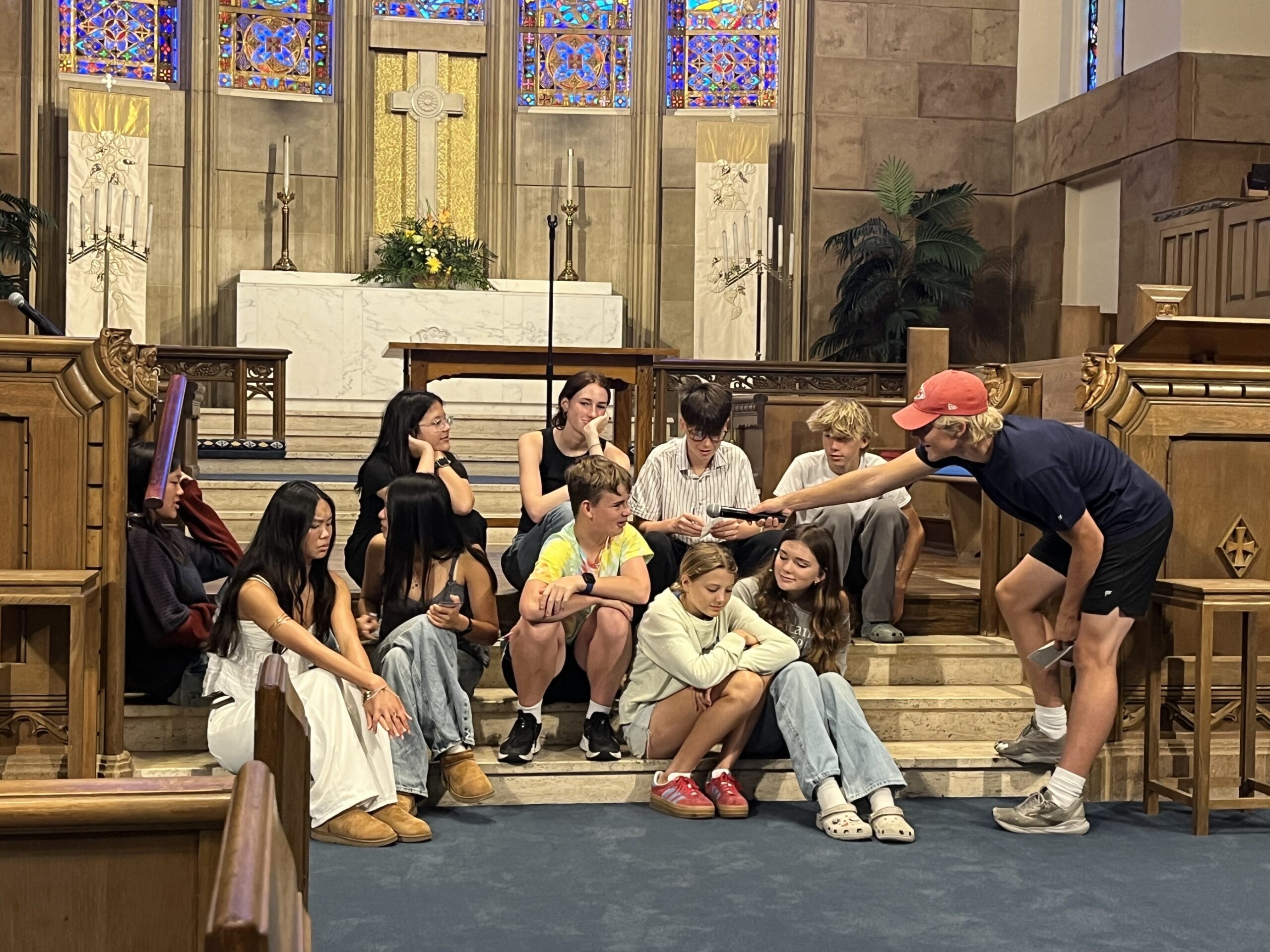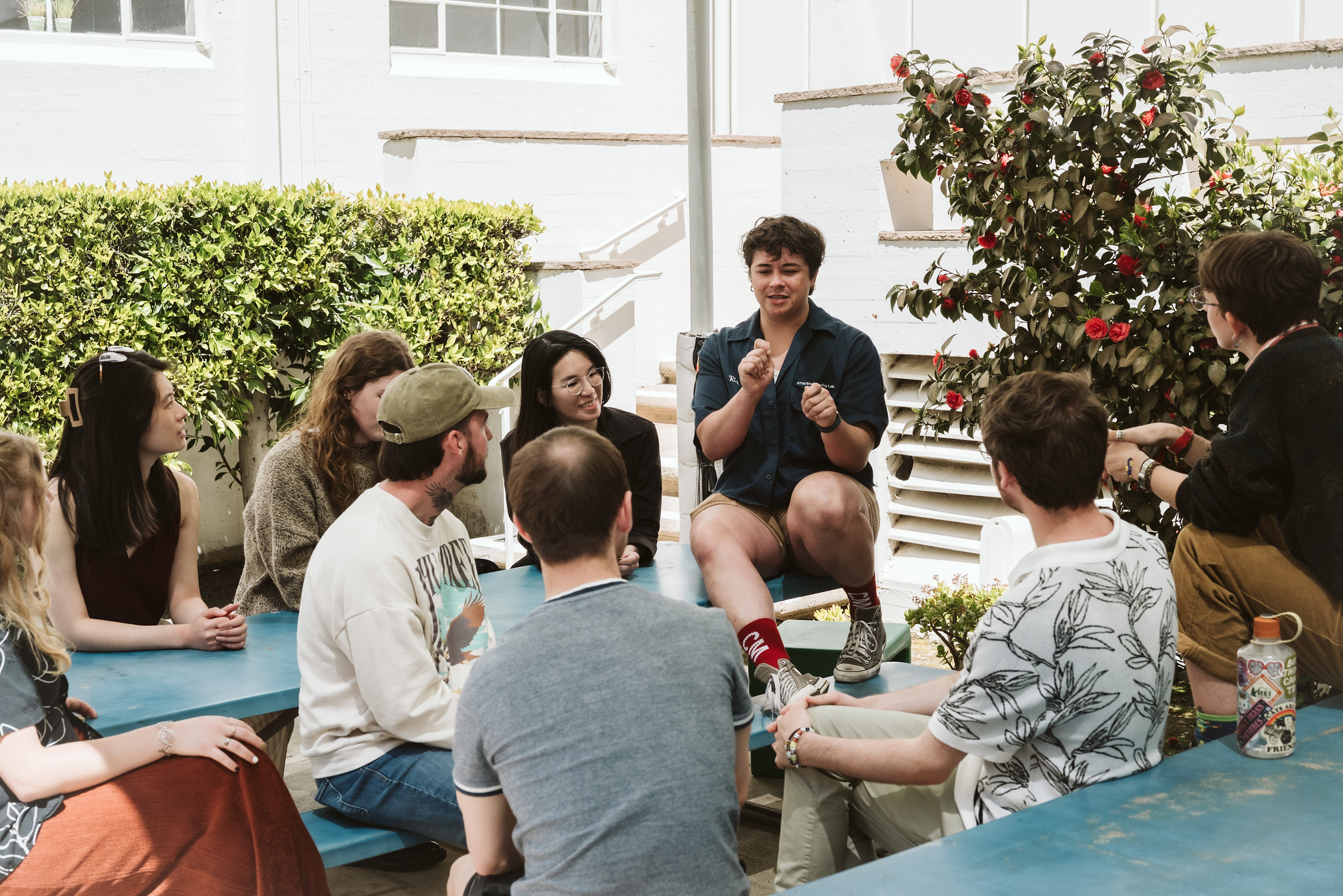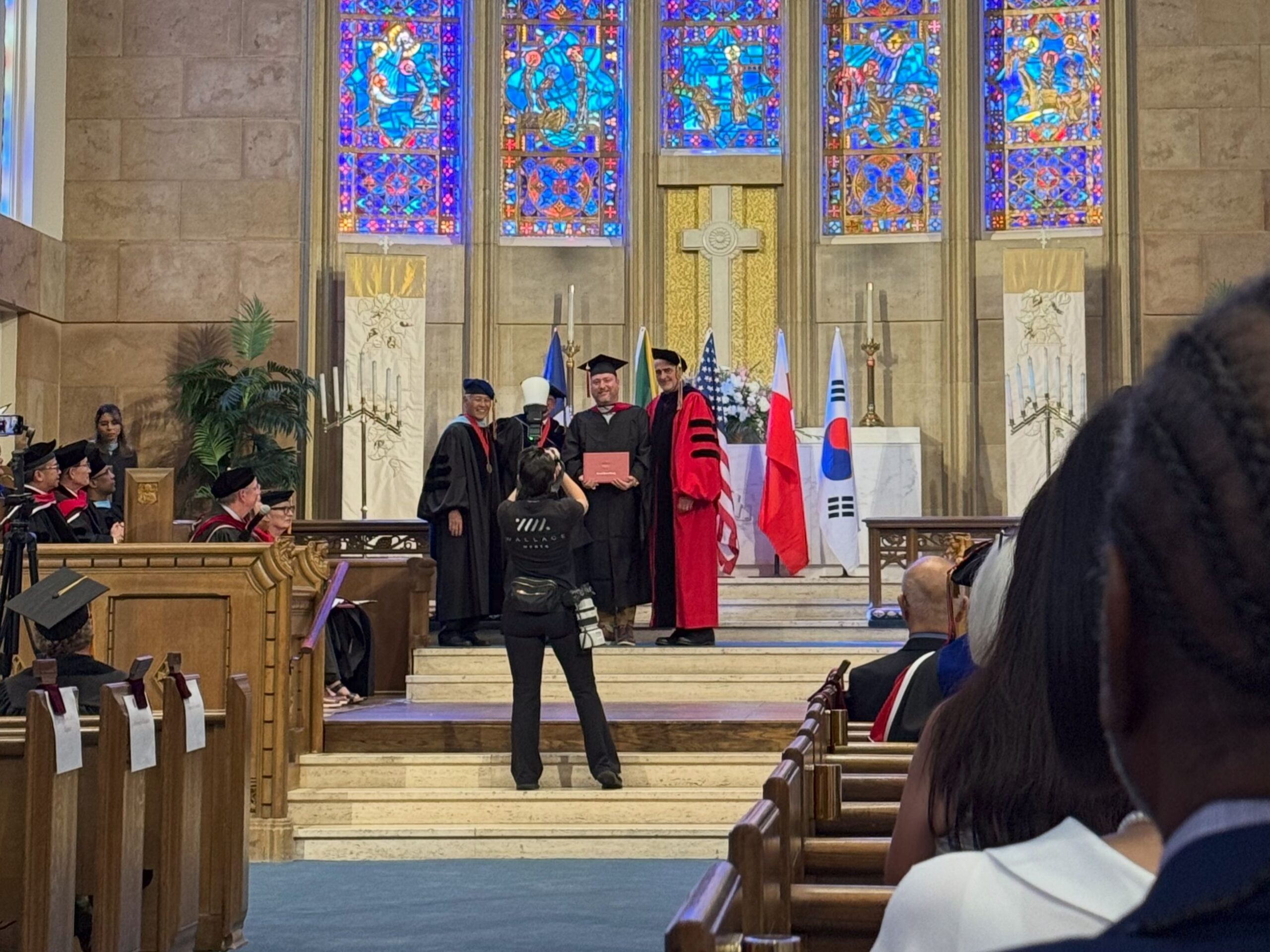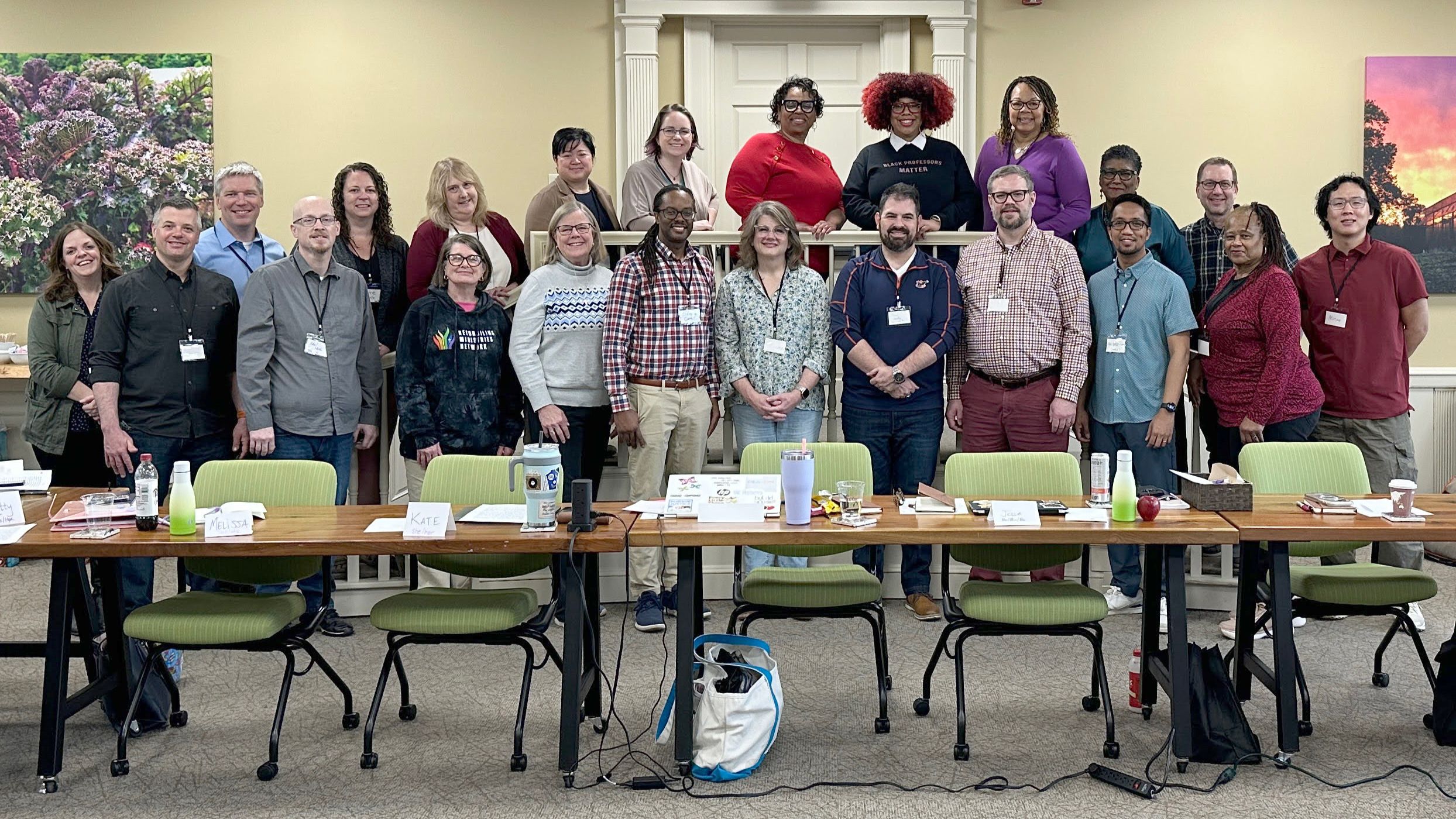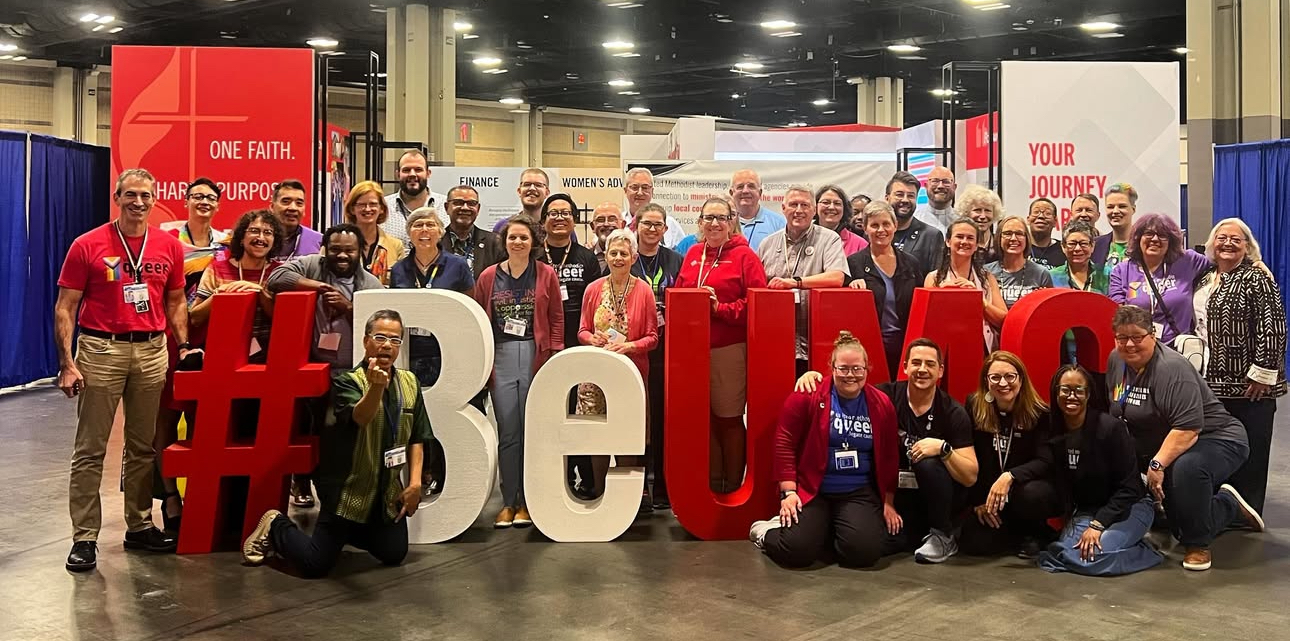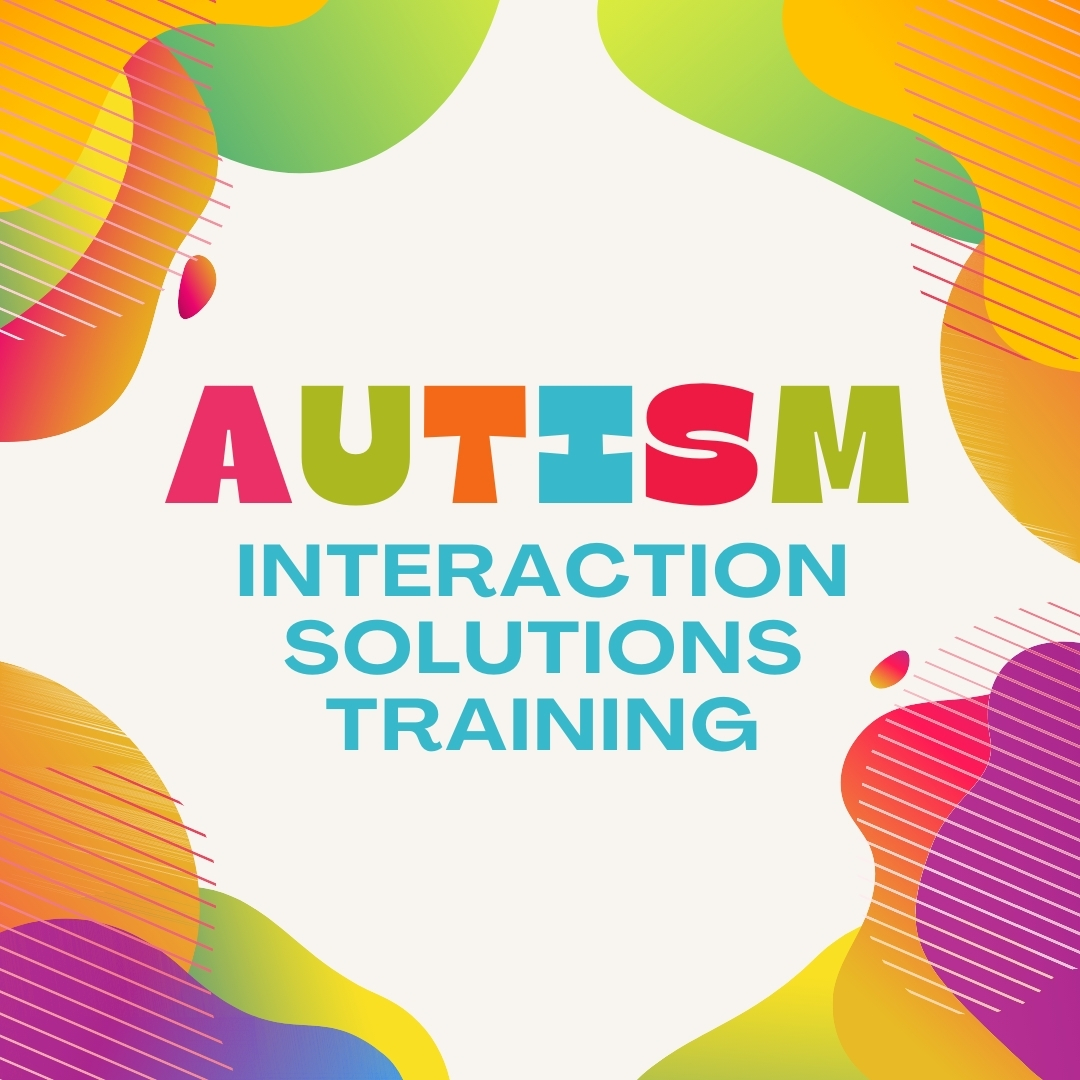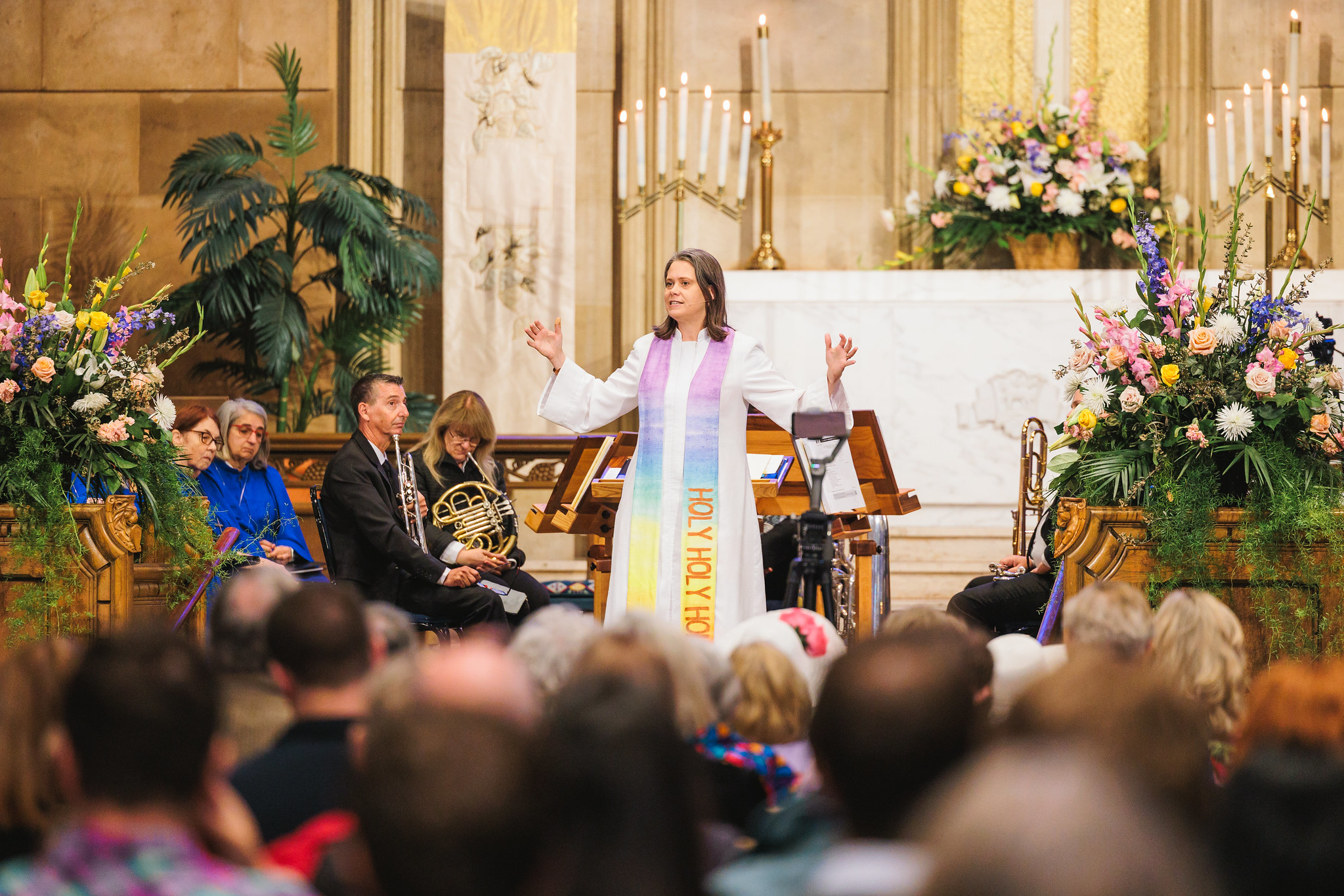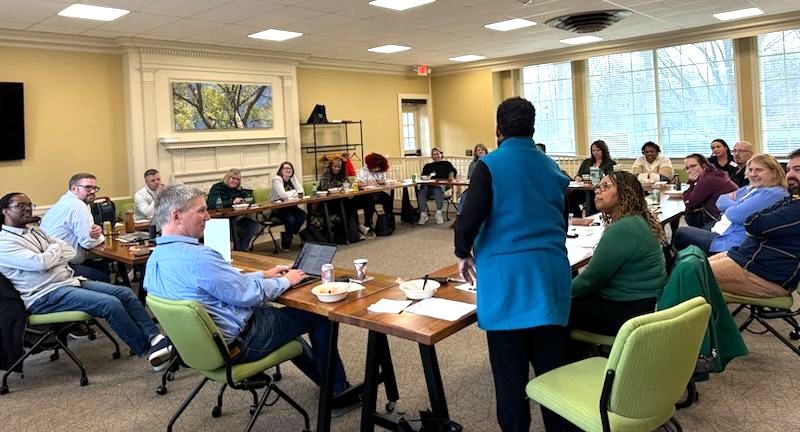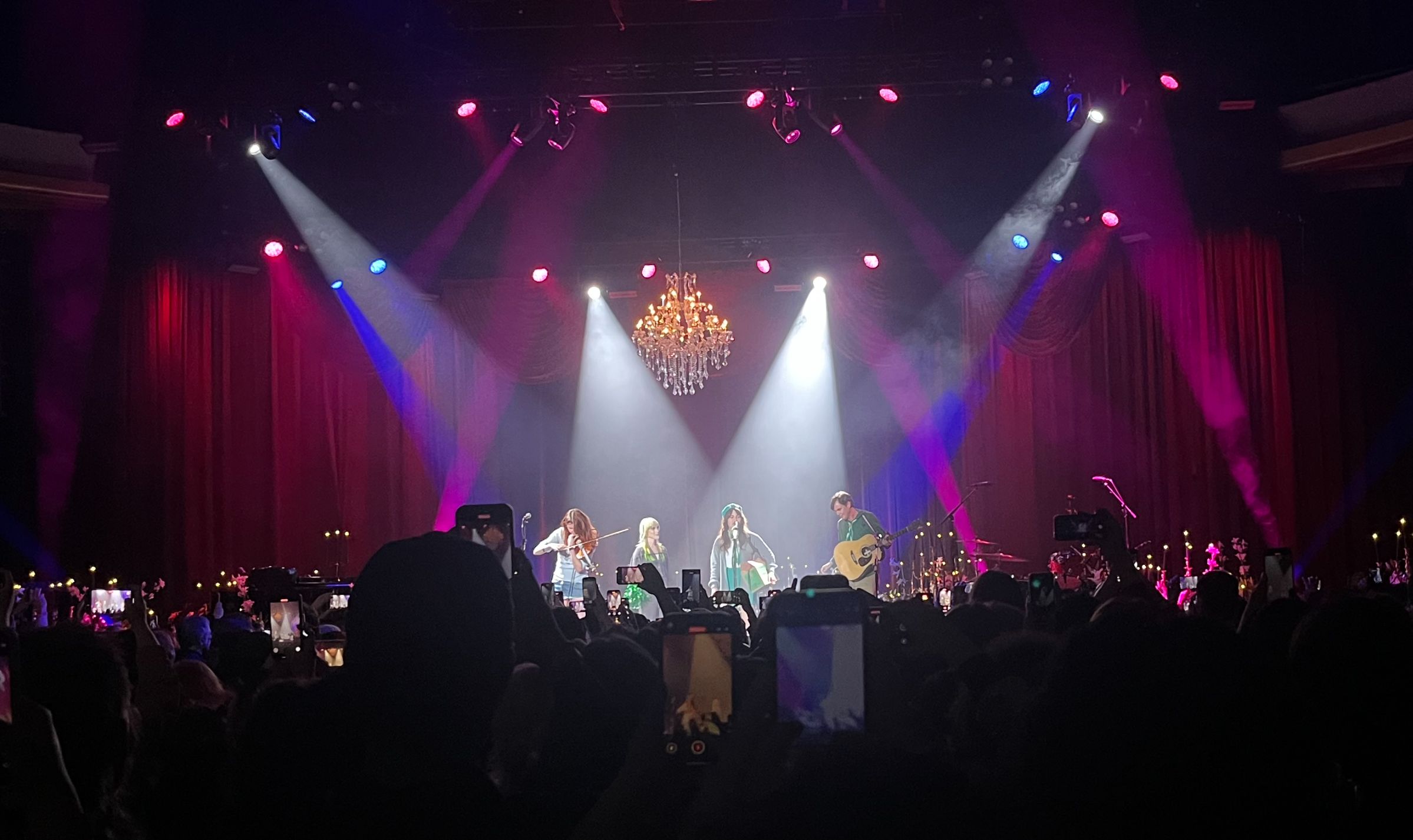Dear Westwood Church Family,
When we became a Reconciling United Methodist Church, we adopted the following statement:
“We, the faith community of Westwood Church, affirm that a God-filled perspective understands and embraces diversity and radical inclusivity; for that reason we embrace and affirm the full inclusion of everyone regardless of sexual orientation or gender identity. We explicitly welcome lesbian, gay, bisexual, and transgender people who have been marginalized and diminished within the larger United Methodist tradition. We commit to embracing the responsibility of pushing for a more open and inclusive United Methodist Church. You are welcome here. You are supported here. You are included here.”
Lately, I’ve been thinking about what it means to “explicitly welcome” people, realizing that I (we) have some work to do to live into these words.
Every week, as I sit down with Andrew and Josh to select music for Sanctuary worship, and as I work to find prayers for worship, I find language that steeped in a worldview that does not “embrace and affirm the full inclusion of everyone.” Traditional ways of naming God, and of describing ourselves, fall short. I was born to feminists in the 1970’s, so I’m good at adding “and sisters” after every “brothers” in prayers, but now I recognize that this isn’t far enough: we need wider terms, like siblings, kin, and folks.
We need to make these changes not because we’re worried about looking like we’re up-to-date or “woke” (though, if I’m being honest, I’m happy to be both), but because we can’t faithfully and fully convey the depth and extent of God’s love if we use words that cut some people out. If we cannot figure out how to describe the community of faith with words that make space for everyone–including trans and non-binary folks–our descriptions of divine love will be painfully inadequate. It takes work to change our language so that there’s room in our words for everyone to know they’re welcome, but it’s a faithful, holy work.
We’ve got to get better at asking people’s pronouns, and sharing our own; we need to practice at getting more adept at using pronouns like “they” and “them” for people. This is worth the work, because it is a way we can persistently convey that we see each other, and we recognize not only the dignity of each person, but we see the divine image in them, too.
I’ve been working on this for a while, and I’ve gotten better. It helps that I have gone on our Sierra Service Project trip the last two summers, because our young people have been willing to nudge and correct me when I get it wrong. (I don’t like being wrong, so this has also provided a good incentive to pay attention and learn.) I’ve started to notice more places where we can expand our language, or where I can change the way I say things, in a way that opens a more generous space for seeing and describing what God is doing in our midst. I’m ready to learn more.
To our trans kin in the congregation: we see you and we’re working to do better.
I’m grateful to be a part of a church that claims a commitment to inclusion. I look forward to learning with you how to do this even more fully.
grace and peace,
Pastor Molly


